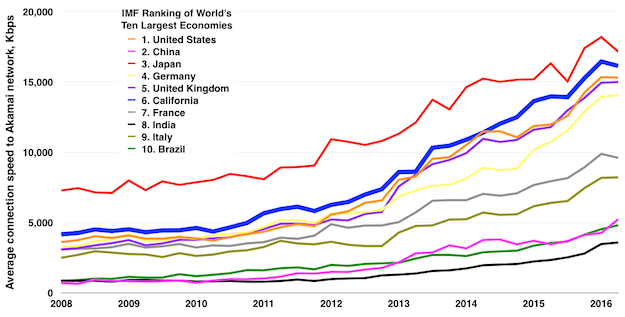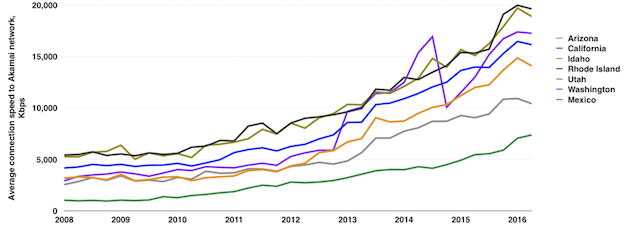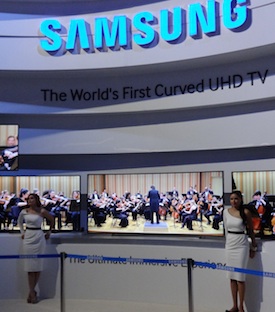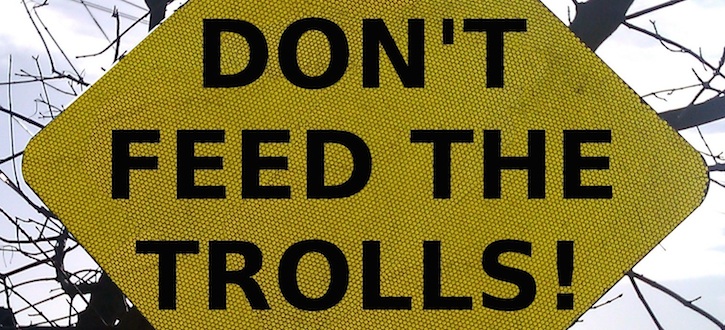Sometimes, telecoms lobbyists can't help telling the truth
![By Grand Parc - Bordeaux, France from France This image was downloaded from Flickr by Medium69. Cette image a été téléchargée depuis Flickr par Medium69. (Pinnochio) [CC BY 2.0 (https://creativecommons.org/licenses/by/2.0)], via Wikimedia Commons](https://www.tellusventure.com/images/2015/3/pinocchio.jpg)
When I see a headline like "Broadband speeds have soared under net neutrality rules, cable lobby says", I gotta click on it. So I did and landed on an article by Jon Brodkin on Ars Technica.
There’s no Damascene conversion involved, though. What Brodkin is highlighting is how cable lobbyists, such as the National Cable Television Association (or whatever they say the acronym stands for these days), brag about faster Internet speeds, while at the same time bemoaning the infrastructure investment apocalypse that must surely follow the FCC’s 2015 decision to regulate broadband as a common carrier service…
… MoreAs we can see, the NCTA has flexible messaging and applies conflicting arguments to different situations.









